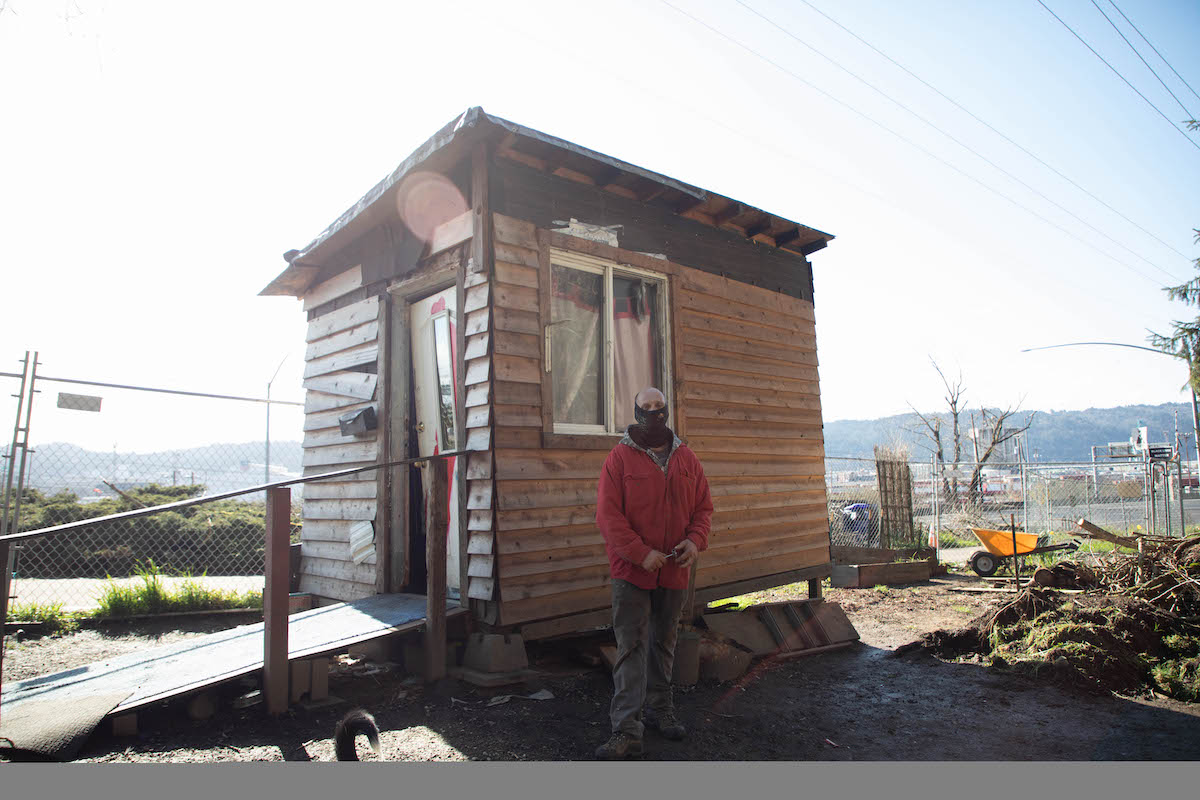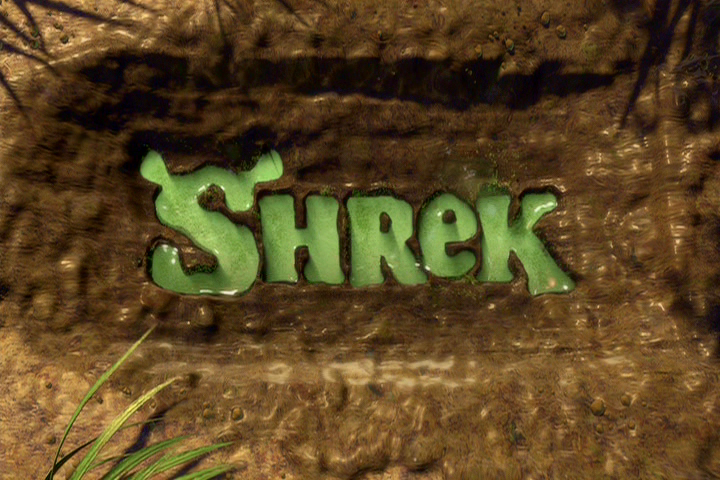During a recent NPR interview with Sam Sanders for the Da 5 Bloods press junket, director Spike Lee alluded to something I’d never really considered, and maybe that makes me culturally illiterate; Hollywood’s propensity for making “victorious” Vietnam War films is a type of mass wish fulfillment, rooted in America’s unconscious desire for a second shot at a war that was such an obvious, unambiguous blunder in real life.
In some ways, a similar principle applies to 9/11 cinema, if that can now be considered a proper genre of film. Whether or not you like films like Oliver Stone’s World Trade Center or Zero Dark Thirty—and, just in case the NSA is reading, I should emphasize that I genuinely do—you have to acknowledge that they are uncomfortably chauvinistic by contemporary standards. The 9/11 terrorist attacks were only a quasi-defeat, according to oughts Hollywood, like the Battle of Hoth in Empire Strikes Back. But real life is nothing like Star Wars, or so they tell me.
In some ways, The Mauritanian feels like a movie that couldn’t—or at least, wouldn’t—have been made 15 or even 10 years ago. It’s a film based on the very real memoirs of Mohamedou Ould Salahi—who is played by Tahar Rahim in the film—a former mujahideen with tenuous links to al-Qaida, who was detained in Guantanamo Bay for 14 years without a formal charge brought against him. Salahi is one of the most famous Guantanamo detainees because he was verifiably tortured; authorities allegedly subjected him to sleep deprivation, extreme temperature oscillation, beatings and sexual abuse. His Guantanamo Diary published in 2015 is a heartbreaking and infuriating account that doubles as a massive referendum on liberal complacency.
The Mauritanian depicts these scenes of torture sensitively but unflinchingly, and it is some of the most challenging cinema I’ve sat through in awhile. Initially, Salahi maintains his relative innocence, giving his myopic interrogators a crash course on the dynamics of the Afghan Civil War—“you’re not understanding me, same side, same side,” he insists. He’s eventually transferred to “special projects” for over two months, where authorities utilize enhanced interrogation tactics in an effort to elicit a voluntary confession. The torture culminates with a mock execution, where Salahi is beaten by soldiers and held underwater until he loses consciousness. Shivering uncontrollably and barely alive, he finally confesses under duress to being one of al-Qaida’s lead recruiters as he meekly picks at his reward: a sandwich from McDonald’s.
From a literary standpoint, this is the “best” aspect of the film, even if I never want or need to see it again. These heart-stopping moments adapted from Salahi’s own account are buttressed by a frequently boring legal drama that seems way more fictionalized—Jodie Foster plays Nancy Hollander, a defense attorney from an Albuquerque-based firm who takes on the case pro bono because she’s committed to the principles of Habeas. Opposite Foster is the impossibly-named Benedict Cumberbatch, portraying military prosecutor Lt. Colonel Stuart Couch, a southeastern jingo with a real “let’s get that son of a bitch” attitude who slowly develops a conscience.
Hollander’s relationship with Salahi in The Mauritanian is comically stiff—even after she realizes she’s coming up against a massive conspiracy and that her client is likely being subjected to enhanced interrogation, she isn’t personally convinced of her client’s innocence. Hollander sticks with the trial because “everyone deserves counsel.” Salahi comments on this during one of his brief meetings with Hollander—“the case you say, but you’re not committed to me as a person,” he tells her. After reading Salahi’s brutal first-person account of his torture at Guantanamo Bay, however, Hollander softens a bit—but that’s at the end of the movie, and their relationship never quite blossoms into anything particularly tender or convincing.
Even more awkward is The Mauritanian’s characterization of Lt. Colonel Couch, the marine prosecutor who ends up walking away from the case when he realizes his passions—Couch had a friend who died in one of the planes that hit the twin towers—are being exploited by his superiors, who are more interested in quick convictions than a proper and ethical dispersal of justice. The Mauritanian’s version of Couch evokes Cumberbatch’s portrayal of the slave owner William Ford in 12 Years a Slave, another mostly terrible person who was reframed by Hollywood as a misguided antagonist. Salahi’s release from Guantanamo—which was nonetheless incredibly protracted, and came a full six years after the courts initially ordered his release from detention—wasn’t impacted by Cumberbatch’s withdrawal from the case; he is an ancillary character that orbits a much grander and more important narrative, but the film is hellbent on centering him as a white knight. The film’s big climax sees Couch confront his CO in a parking garage, claiming that the confession he has access to is inadmissible because it was obtained under duress. “We took an oath to the constitution, and at the very least, we are miles away from that,” Couch says during his big mic-drop Oscar-baiting moment. Apparently he was fine with all the Guantanamo Bay stuff, but undocumented waterboarding and unprovoked, full-bore beatings are where he draws the line.
When The Mauritanian focuses on Salahi’s testimony, it is a chilling, effective piece of cinema. When the focus turns to Hollander and Couch—two characters with relatively little at stake—it becomes a tedious facsimile of every legal drama from the past 20 years. Still, The Mauritanian is a step in the right direction, and it’s refreshing to see Hollywood tackle one of the most shameful moments in modern American history with slightly more nuance than we’re used to. And no, Harold and Kumar Escape From Guantanamo Bay doesn’t count.






